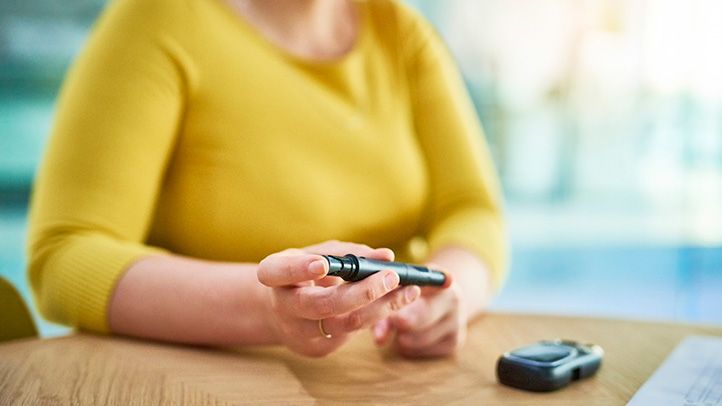A recent study in “Diabetes Care” looks at the decisions you make about whether to drive or not while having low blood glucose. Driving with severe hypoglycemia (low blood glucose) may impair driving performance and increase your chances of getting a traffic ticket or having an accident.
People with type 1 diabetes and normal awareness or poor awareness of low blood glucose, and people with type 2 diabetes with normal awareness of low blood glucose participated. Some of the type 2 people were on insulin and others on diabetes pills that could cause low blood glucose.
In general, those with type 1 diabetes and normal awareness appeared to make safe decisions about driving with low blood glucose, those with type 1 diabetes and poor awareness of low blood glucose levels often made the decision to drive when they shouldn’t.
Those with type 2 diabetes and normal awareness often made potentially dangerous decisions about driving and low blood glucose. In the type 2 group, participants were older and many were on oral diabetes medication only.
The study shows that if you have diabetes, you aren’t always so good at determining whether you should drive while having low blood glucose prior to or during driving.
What should you do? Test your blood glucose prior to driving, especially if you have poor awareness of low blood glucose. If it is below 100 mg/dl or 5.5 mmol/L, eat carbohydrates and don’t drive until the blood glucose is above 100 mg/dl or 5.5 mmol/L. If the drive will be a long distance, check your blood glucose every 2 hours.
Several years ago at traffic school the instructor reminded us that driving is a privilege, not a right.













